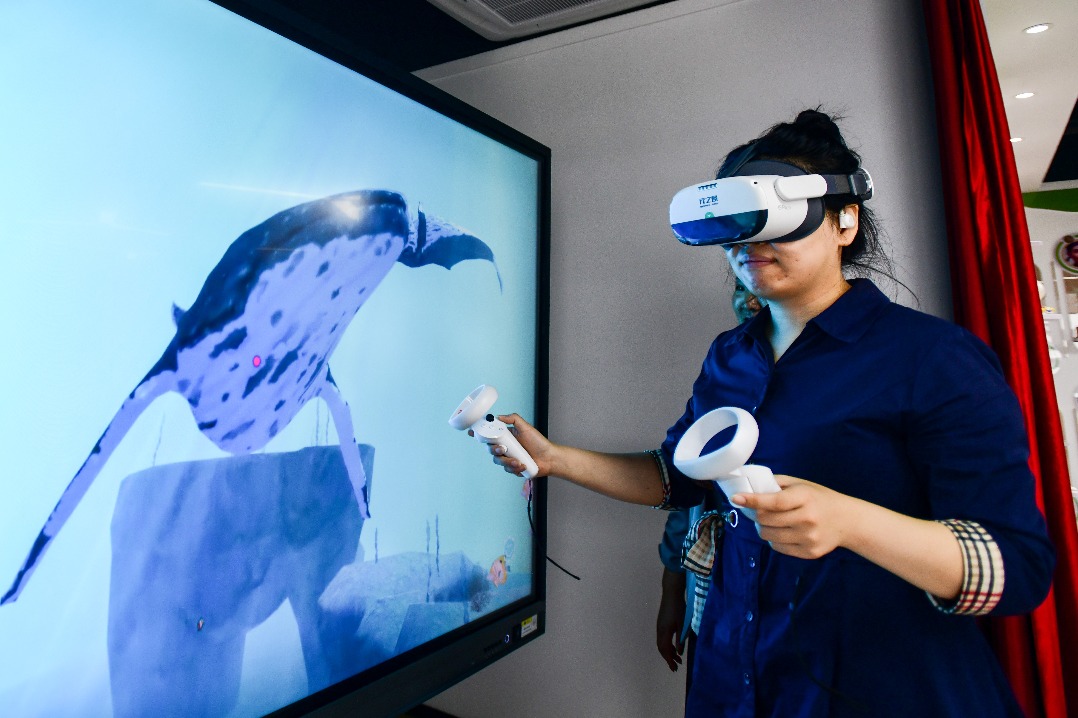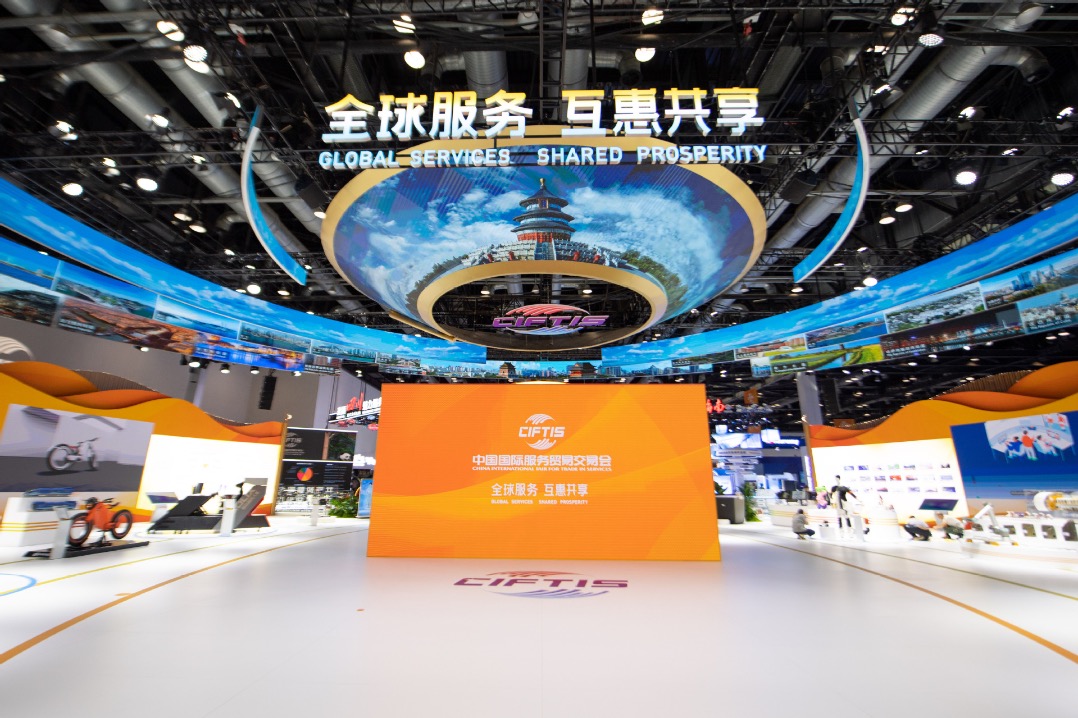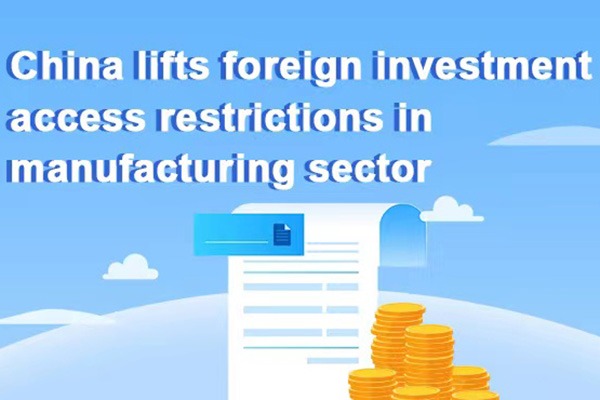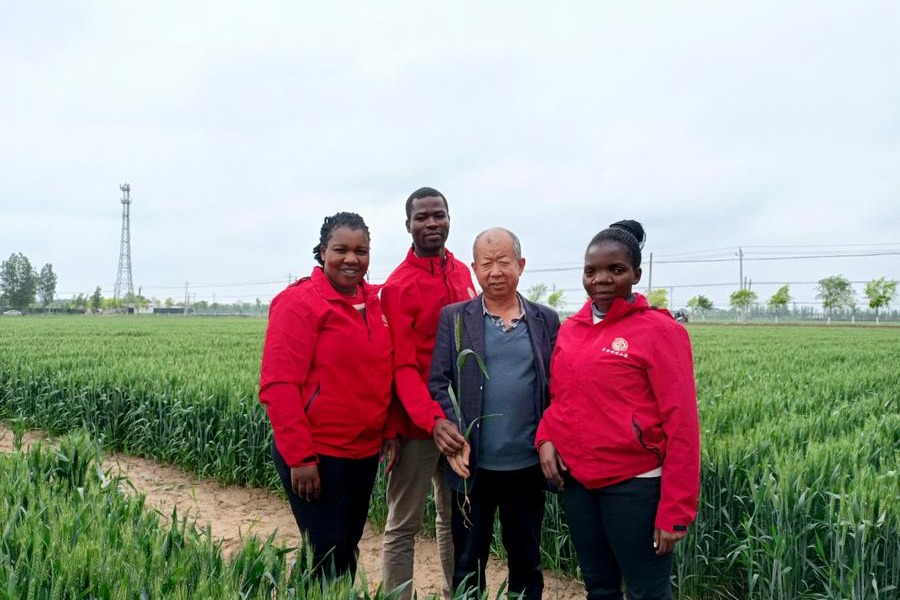TuSimple accelerates expansion into AIGC

Chinese autonomous driving startup TuSimple Holdings Inc is accelerating steps to make forays into the fast-growing artificial intelligence-generated content, or AIGC, segment, as the company aims to promote the commercial application of its generative AI technology in the animation and video game industry.
The company recently inked a partnership with Shanghai Three Body Animation Co Ltd to develop an animated feature film and video game based on The Three-Body Problem, a science fiction novel written by Chinese author Liu Cixin. As part of the partnership, TuSimple will apply its generative AI technology in the production process.
Lyu Cheng, president and CEO of TuSimple, said the company has set up a new business segment focusing on generative AI applications in animation and video games, after receiving unanimous approval from the company's board of directors.
TuSimple has utilized generative AI in its development of autonomous driving since early 2022, including the research and development of large language models that incorporate key generative AI technologies, Lyu said.
Additionally, the company's self-developed infrastructure for data management has provided a strong foundation for promoting the application of generative AI in new fields.
TuSimple hopes to leverage the AI technologies and cloud service capacities it has accumulated over the past few years to reduce production costs and speed up the creation process of content, he added.
Meanwhile, Lyu emphasized that the company has no plans to exit the transportation sector and will continue to monetize its autonomous driving technology through technological partnerships and licensing.
Founded in 2015, TuSimple has developed autonomous driving solutions for long-haul heavy-duty trucks. The self-driving startup went public in April 2021 in the United States and raised more than $1 billion through its IPO.
However, it announced in January the decision to voluntarily delist from the Nasdaq Stock Market as the company was undergoing a transformation, and believed that it can better navigate as a private company than as a publicly traded one.
"AIGC-related technologies will improve the productivity of content production, bolster innovation in the digital culture industry, and inject fresh impetus into China's economic growth," said Pan Helin, a member of the Expert Committee for Information and Communication Economy, which is under the Ministry of Industry and Information Technology.
TuSimple's expansion into the AIGC segment will enrich its monetization channels, and provide a near-term path to commercialization by giving full play its technology advantages in large language models and generative AI, he added.
Market consultancy Gartner predicts that by 2025, generative AI will account for 10 percent of all data created, compared with less than 1 percent in 2022, and could be used for a range of activities like creating software code, facilitating drug development and targeted marketing.
At the same time, competition in the self-driving truck market is very fierce and related companies are facing mounting pressure from cash flow and revenue growth, industry insiders said.
At present, autonomous trucks are mainly tested or applied in relatively simple scenarios, such as ports, mines and some closed roads, said Jiang Zheng, an expert at the R&D center affiliated with Guangzhou Automobile Group.




































